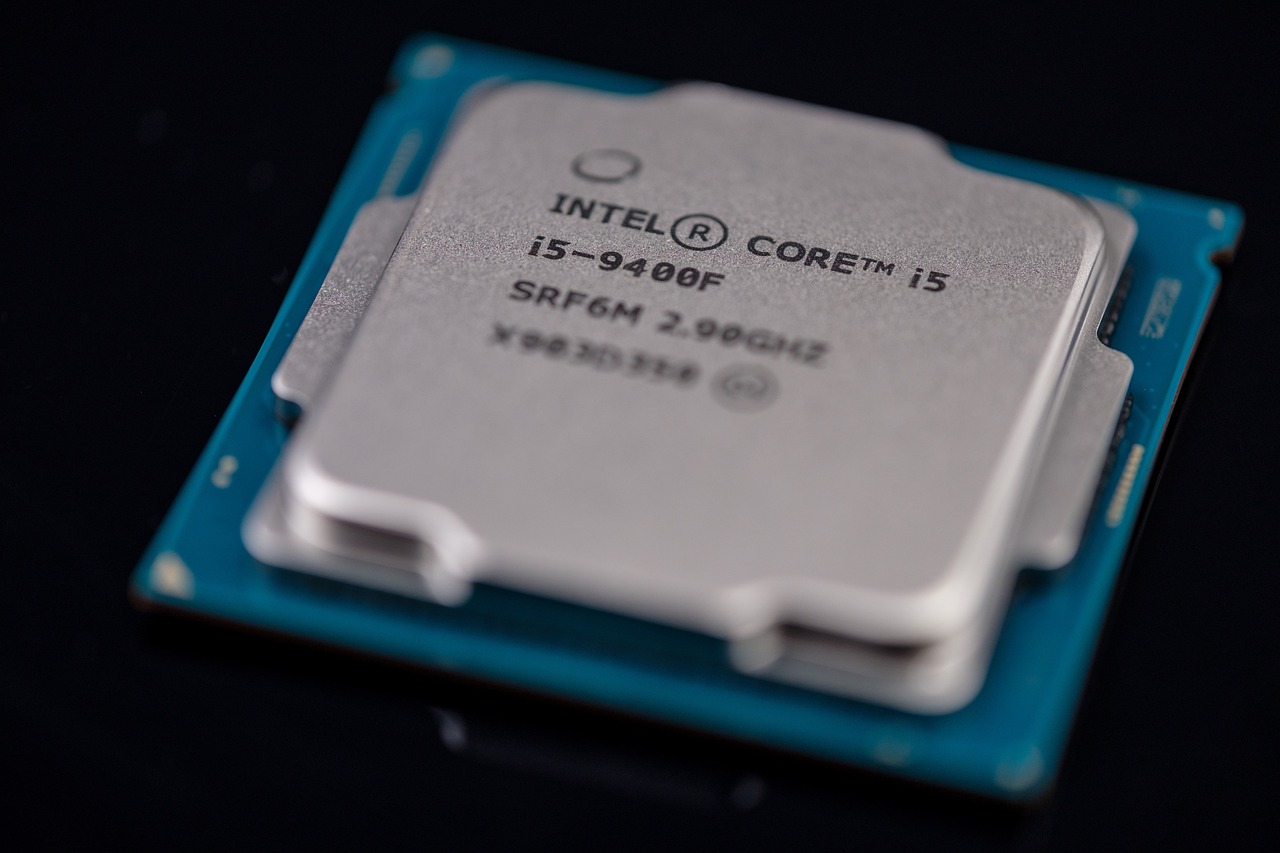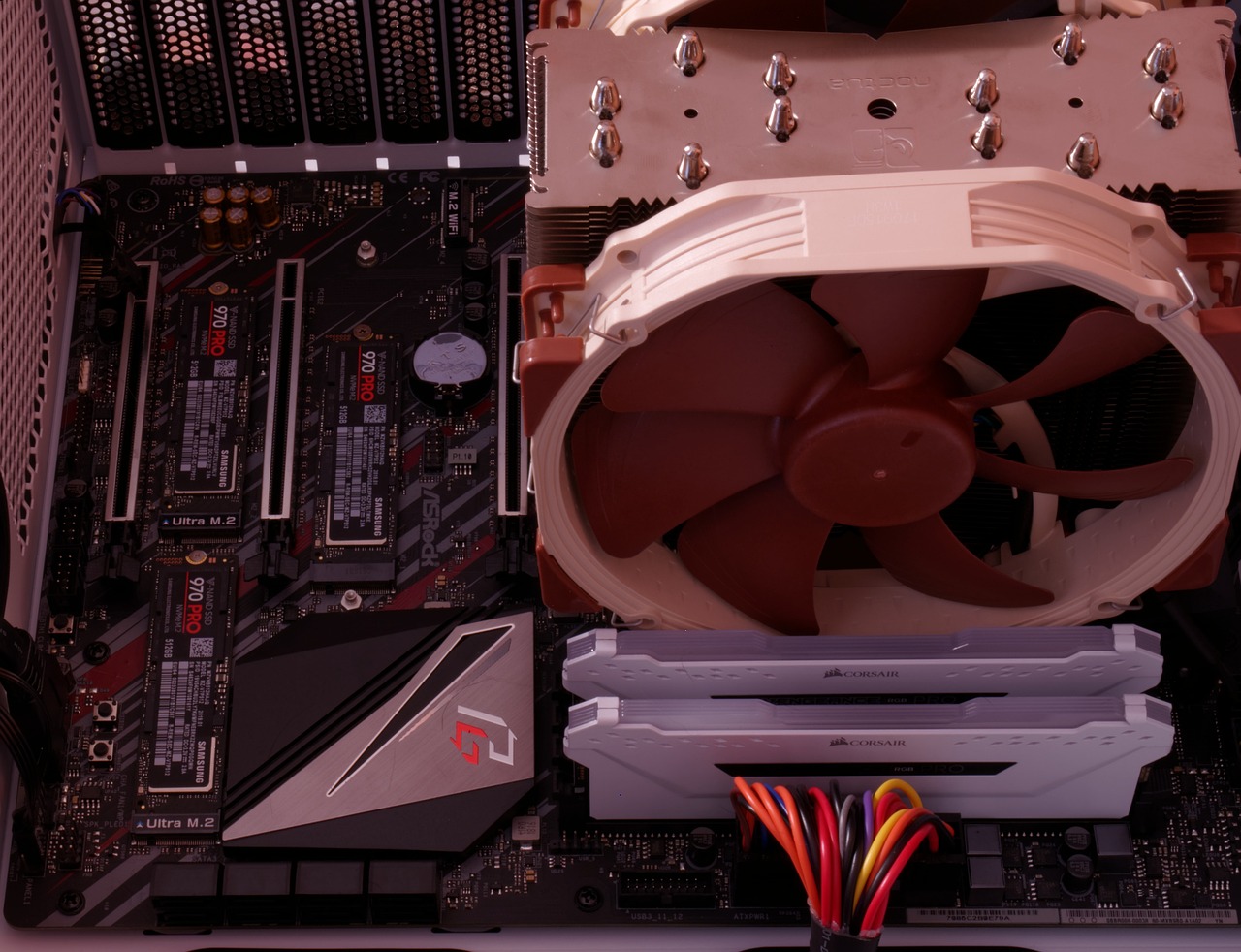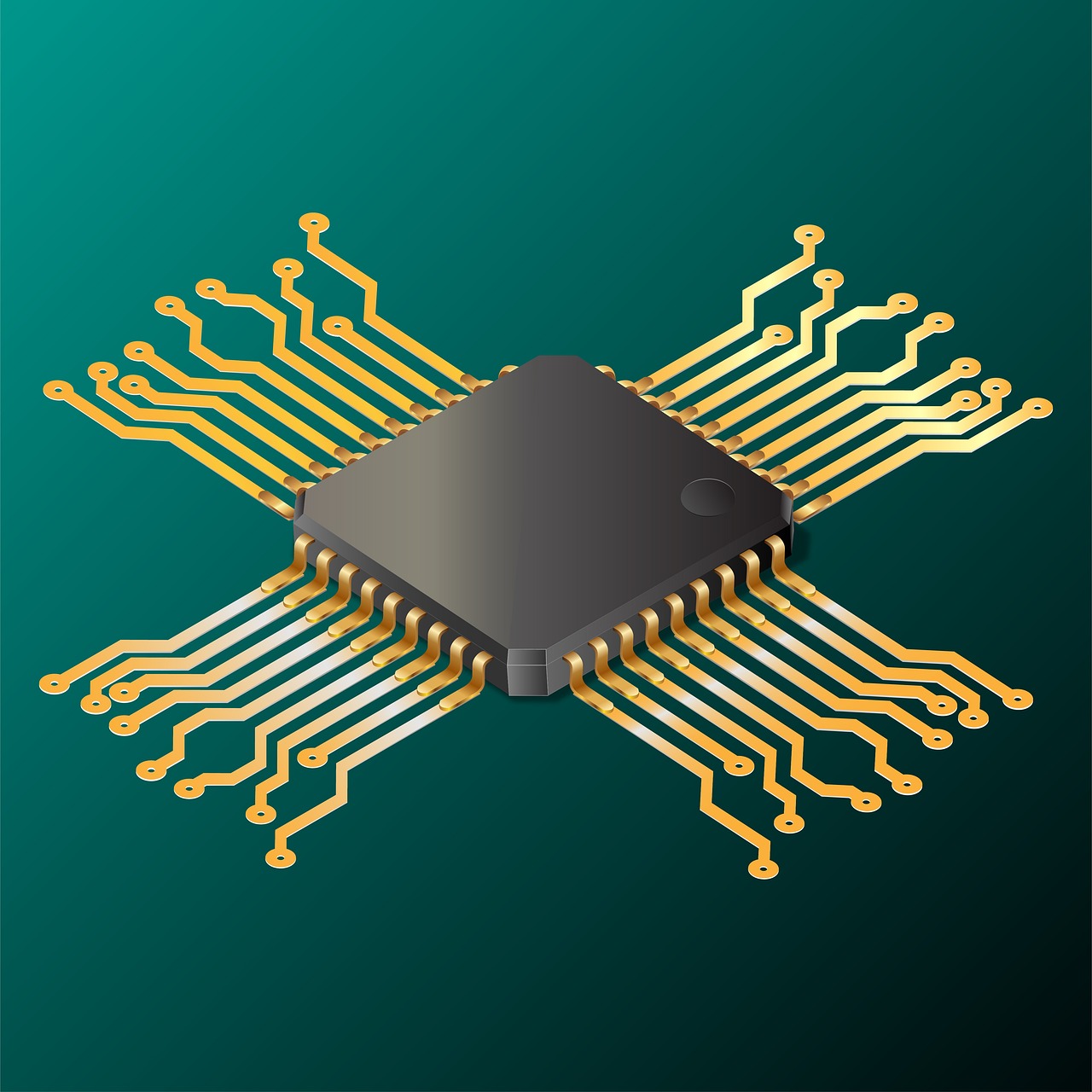When it comes to choosing a CPU for your computer, the two main contenders are Intel and AMD. Each has its strengths and weaknesses, making it essential to understand the differences to find the right fit for your needs. This article will break down the key factors to consider: performance, value for money, and compatibility.
Performance
Performance is often the most critical factor when selecting a CPU. Here’s how Intel and AMD stack up:
- Intel: Known for high clock speeds and strong single-threaded performance, Intel CPUs excel in tasks like gaming and applications that require quick response times.
- AMD: AMD processors, particularly the Ryzen series, have made significant strides in multi-threaded performance, making them ideal for content creation, video editing, and multitasking.
Ultimately, your choice will depend on whether you prioritize single-threaded or multi-threaded performance.
Value for Money
When it comes to value for money, both Intel and AMD offer competitive pricing, but they cater to different segments:
- Intel: Generally, Intel CPUs tend to be priced higher, especially for their high-end models. However, they often include integrated graphics, which can save you money if you don’t plan on purchasing a separate GPU.
- AMD: AMD processors typically provide better performance per dollar, especially in the mid-range and budget segments. They also come with a longer lifespan due to their socket compatibility across multiple generations.
If you’re looking for the best bang for your buck, AMD might be the way to go, especially for budget-conscious buyers.
Compatibility
Compatibility is crucial when building or upgrading a PC. Here are some points to consider:
- Intel: Intel CPUs often require specific motherboards that may not support older generations, which can lead to additional costs when upgrading.
- AMD: AMD has a reputation for better backward compatibility, allowing users to upgrade their CPUs without needing to change the motherboard frequently.
This can be a significant advantage for those who plan to upgrade their systems over time.
Conclusion
In summary, both Intel and AMD processors have their unique advantages. If you prioritize gaming and single-threaded performance, Intel may be the better choice. However, if you seek value for money and strong multi-threaded performance, AMD is likely the way to go. Consider your specific needs and budget to make an informed decision.



